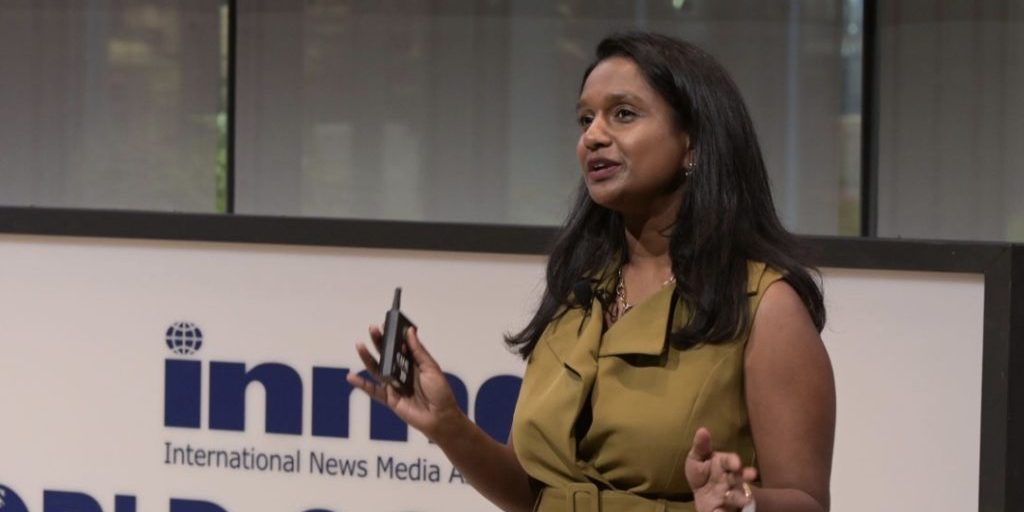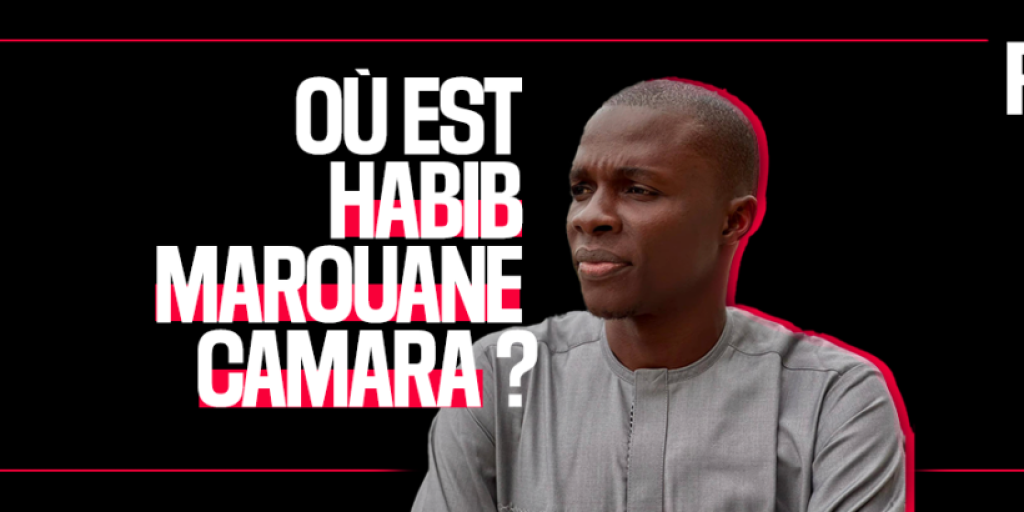AI can be ‘poisoned syrup’ and also ‘enhance humanity’
PICTURE: Audrey Azoulay, UNESCO Director General, at the World Press Freedom Day signature event in Brussels/UNRIC
United Nations Regional Information Centre
Western Europe
UNESCO Director–General Audrey Azoulay opened the global UNESCO signature event to mark World Press Freedom Day by highlighting how AI is ‘revolutionising the speed at which information is processed, disseminated and circulated – for better and, very often, for worse’.
‘In a world where algorithms tend to lock network users into information bubbles, AI can accelerate political polarisation towards the extremes.’
Held this year in Brussels on 7 May 2025, the event focuses on information as a public good in the age of AI. It also focuses on a key relationship – that of the European Union (EU) and UNESCO, the EU having become one of UNESCO’s most important partners in recent years and its second largest donor in 2024.
Azoulay calls it an ‘essential’ partnership, which is ‘even more appreciated given the geopolitical upheavals the world is facing’.
Henna Virkkunen, Executive Vice-President for Tech Sovereignty, Security and Democracy at the EU, showed how those ‘upheavals’ affect ‘free journalism and media … the cornerstone of our democracy’ as ‘record numbers of journalists were killed in 2024, the great majority of them reporters in Gaza’.
‘The Committee to Protect Journalists documented that 124 journalists were killed worldwide in 2024, 82 of them … Palestinians. There must be no tolerance or impunity for the killing of journalists anywhere.’
In a special message, Michael McGrath, EU Commissioner for Democracy, Justice, the Rule of Law and Consumer Protection, reminded the gathering that ‘in times of crises, a free press can become a lifeline’.
He stressed the different legal tools implemented in the EU to strengthen media freedom and pluralism, among the strongest of which is the European Media Freedom Act, which came into force on 7 May 2024, and will be fully applied on 8 August 2025. McGrath said it notably ‘provides safeguards against political interference in editorial decisions’ and ‘protects journalists from surveillance’.
Further, the European Democracy Shield initiative was established, to ‘tackle growing threats to democratic institutions‘, among these ‘foreign information manipulation and disinformation’.
The challenges and opportunities which AI presents for the media were discussed throughout the World Press Freedom Day Brussels events where the media, big tech, civil society, researchers and United Nations experts had discussions and took part in panels
The Global Digital Compact, part of the Pact for the Future agreed by UN Member States, was highlighted as the first comprehensive global framework for digital co-operation and AI governance.
‘AI can be a weapon and a tool,’ said Irene Khan, UN Special Rapporteur on Freedom of Expression. ‘First, we must recognise that it is here to stay. At the same time, we need to ensure that AI actually works for good […] and to advance human rights.’
‘Twenty percent of persons around the world are already using AI, and strikingly, two thirds of people living in lower income countries expect AI to be part of their life within the next year,’ explained Pedro Conceição, Director of the Human Development Report (HDR) Office for the UN Development Programme (UNDP).
He referred to the latest HDR report, published on 6 May 2025 on the topic of AI and how it can be harnessed to enhance human development.
Dominique Pradalié, President of the International Federation of Journalists (IFJ), described AI as ‘poisoned syrup’, that ‘risks interfering with human intelligence in all areas’.
‘Disinformation is on the increase and is being used on an industrial scale […]. The algorithmic choices made by platforms are driven by their economic interests, resulting in a preference for content that distracts, rather than information
‘This is a cognitive war being waged against the media system itself … [and in the face of AI] a clear, transparent and binding legal framework must be put in place.
‘[Will journalists still exist in a few years’ time? […] Since the death of [Russian journalist] Anna Politkovskaya in 2006, how many journalists have been killed? More than 2 000. Currently, more than 500 are in prison and more than 2 000 are in exile. These terrible figures prove that journalists are not protected.’
No specific international legal protection exists for journalists, stresses the IFJ, which is calling for an international convention to be drawn up.
The award ceremony of the 2025 UNESCO/Guillermo Cano World Press Freedom Prize also took place in Brussels on 7 May. The award was handed to the Nicaraguan newspaper, La Prensa – El Diario de los Nicaragüenses, founded in 1926.
Since 2021, following the imprisonment and expulsion of its leaders from the country as well as the confiscation of its assets, La Prensa has continued to inform the Nicaraguan public online, with most of its team in exile and operating from Costa Rica, Spain, Mexico, Germany and the United States.
In response to this award, the Government of Nicaragua announced its withdrawal from UNESCO, effective on 31 December 2026. UNESCO said it regretted the decision in a press release issued on 4 May 2025.
- This article was first published here




